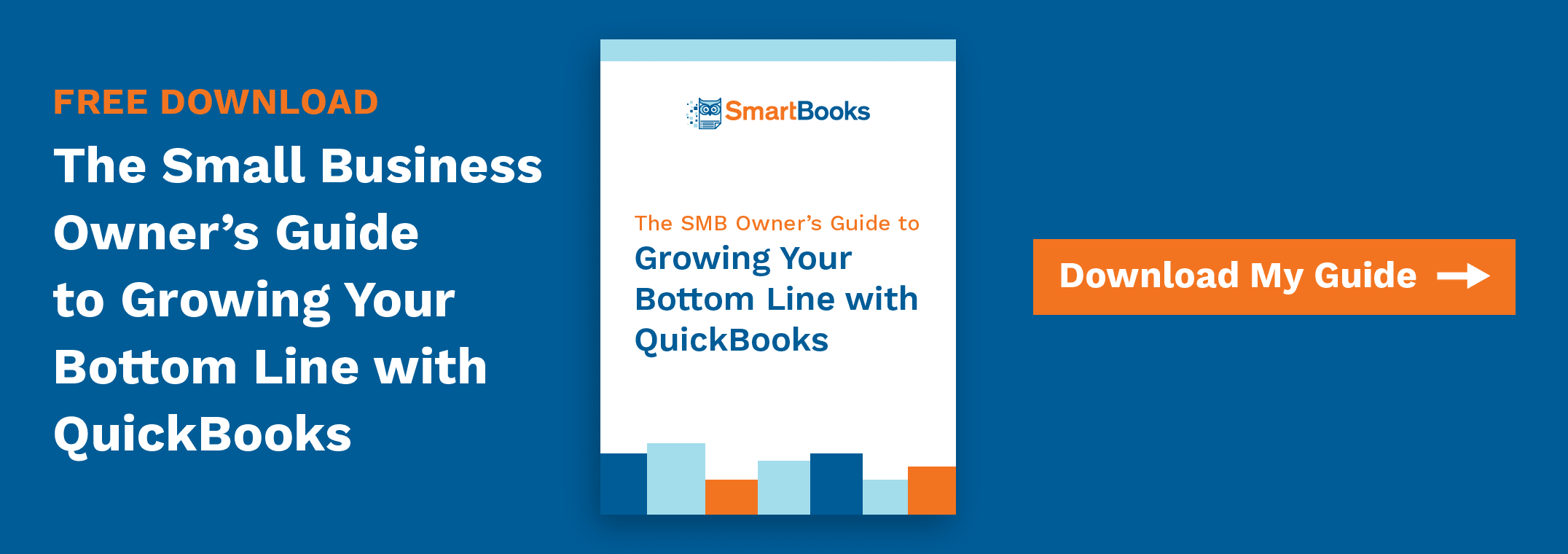The Most Important Financial Reports For Small Businesses

Tracking your finances can be difficult. After all, you don’t have a degree in accounting, and just reading financial reports can be a daunting prospect and tiring for the eyes. However, it’s essential that you get past that point and become familiar with at least three reports. These are your balance sheet, income statement and cash flow statement. Together, they’re three of the most important financial statements for any small business.
Balance Sheet
Your balance sheet is essentially a snapshot of your business at a specific point in time (generally, right now). It’s a simple equation, but both sides must balance out. The SBA outlines the equation as: liabilities + owner’s equity = assets. These will change daily with your business activities.
Liabilities are your obligations – creditors, suppliers, accounts with balances. Both short-term and long-term debt fall under this heading (for instance, taxes would be under short-term debt, while bank loans would fall under long-term debt.)
Assets are essentially the use of your funds – anything of value owned by or due to your business. So, that new equipment is an asset, but so is the money owed to you by a client. Both current and fixed assets are used.
Owner’s equity is constituted by any retained earnings or invested capital.
Income Statement
You might be more familiar with this as a profit and loss statement, but it’s the same thing. This document helps you predict and forecast expenses and sales for a specific period of time. A monthly profit and loss statement helps to ensure your business is healthy and on track.
It’s about more than just forecasting for periods down the road, though. Your income statement shows all the income and expense accounts over a set period of time, giving you the means by which to forecast growth, as well as to determine past performance. However, this statement won’t let you dig into hidden problems.
Cash Flow Statement
Your cash flow statement is one of the single most important reports for your small business. It highlights how much money is coming into your business, as well as the amount flowing out. Inflows include things like loans and other investments, as well as cash sales and accounts receivable. Cash outflows include expenses you pay, equipment you buy, inventory you purchase, and other payments where money moves from your business to someone else.
You should conduct a cash flow statement once per month to ensure that you’re not suffering from a lack of cash flow and to reveal other problems that could be hidden or overlooked.
Moving Forward
Now that you have at least some familiarity with these three reports, we need to discuss how to track your information (bookkeeping). All three of these reports are essential, although your cash flow statement is probably the most important. It’s vital that you record financial information regularly and accurately. You can do this in any number of ways, including doing it on your own or hiring an accounting professional to work in your business.
You can also opt to outsource your bookkeeping. With the right partner, outsourcing offers a streamlined experience that doesn’t saddle you with mind-bending accounting practices, but nevertheless ensures that you have immediate access to essential information such as that contained in your cash flow statement.
You’ll also find that outsourcing can help you streamline your efforts by moving you to a fully integrated, virtually paperless process that combines human expertise and knowledge with the best of cutting edge cloud technology. From improving your chances of getting a loan to taxation and everything in between, bookkeeping is an essential consideration for small business owners.
Get more tips to grow your business with in our free guide below.
